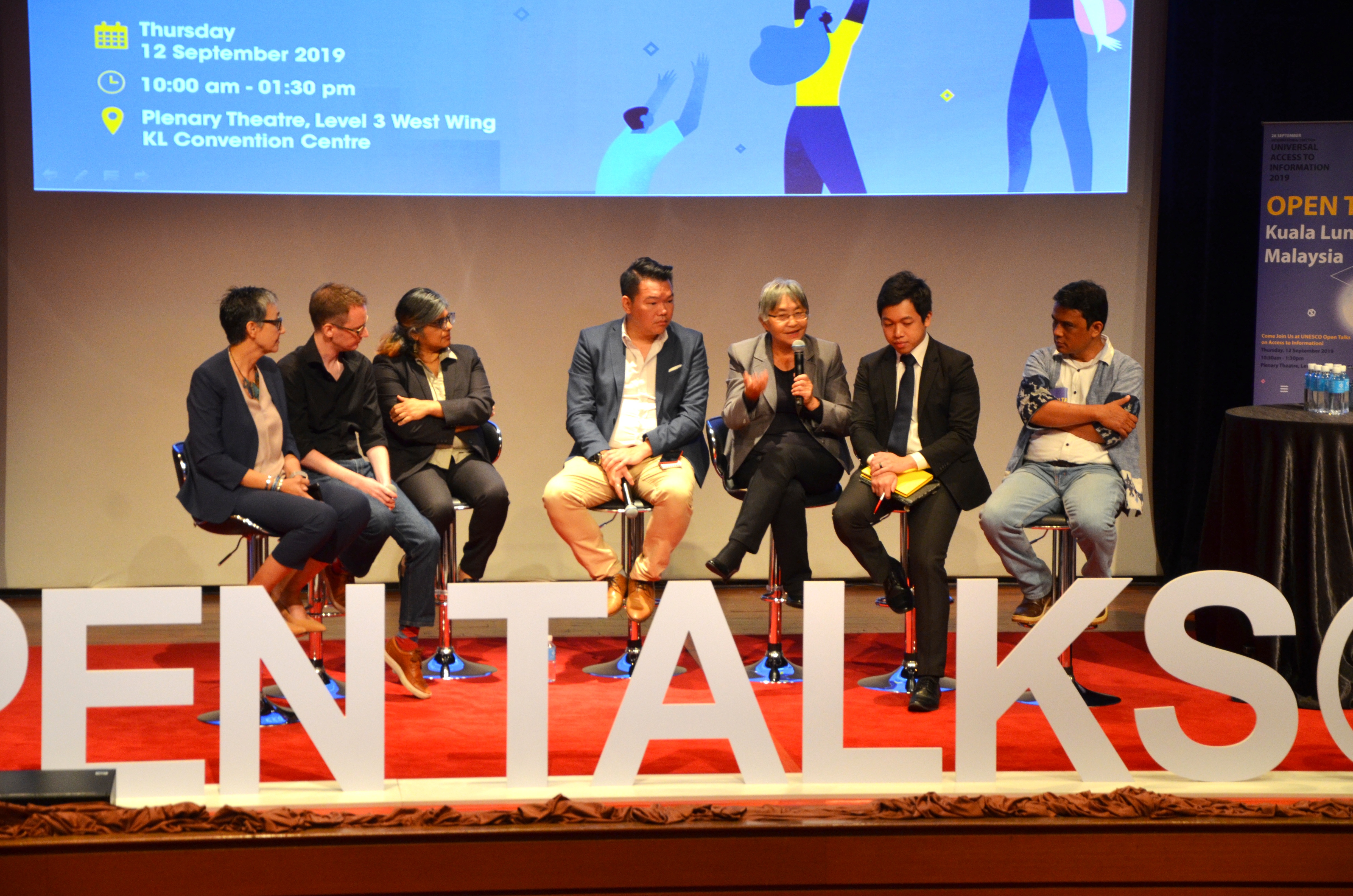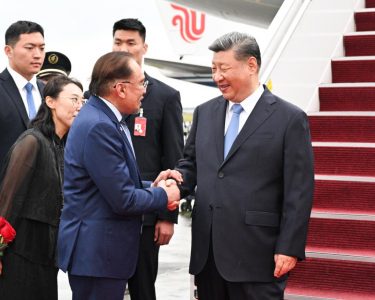From Chandravathani Sathasivam
PARIS, Nov 18 (NNN-BERNAMA) — As an upper-level middle-income country striving to attain high-income status, Malaysia’s commitment to support the United Nations Educational, Scientific and Cultural Organisation’s (UNESCO) global priorities has raised its prestige and profile in the international area.
In fact, the world is looking towards Malaysia to learn from the country in vast areas, from inclusive policy design on higher education and universities to water and environment management, said Director and Representative of UNESCO’s Regional Sciences Bureau for Asia and the Pacific, Prof Dr Shahbaz Khan, who is based in Jakarta.
He said the Malaysia-UNESCO Cooperation Programme (MUCP) is a flagship initiative aimed to contribute to the enhancement of small island developing states and least developed countries in Asia and the Pacific, and in Africa.
Shahbaz told Bernama this on the sidelines of the ongoing 40th General Conference of UNESCO here.
The MUCP serves the common interest of Malaysia and UNESCO in particular involving the mobilisation of Malaysian expertise in education, science and technology, environment, social and human sciences, culture, communication and information.
“The implementation of the projects under MUCP would contribute to the attainment of internationally agreed development goals, including the Sustainable Development Goals Agenda 2030.
“In the process, we are creating new opportunities for more than 80 countries like Nigeria, Tanzania and Gambia that would like to learn from Malaysia’s progress and vast knowledge, he said.
Commenting further, Shahbaz said 193 UNESCO member states now have very high hopes on Malaysia as the nation’s expertise is well-recognised globally.
As a person coming from Asia, he explained that Malaysia holds a special place in his heart as the country is rich in ethnic diversity and its multi-racial society is able to live and prosper together.
“Being rich with culture over centuries that built a united nation, I see that Malaysia willingly helps other countries in empowerment, skills and human capacity development.
“Today, we see digital and technology advancement dividing people as some don’t want to share their knowledge.
“But in Malaysia, the country is always mooting ideas to other countries including neighbouring nations on ways to prosper by sharing experiences on issues in order to create opportunities, so everyone becomes inclusive.
Since the inception of MUCP in 2009, the Malaysian government has provided financial contributions totalling US$9 million, Prof Shahbaz said, adding the amount is not huge but the impact is immense as 80 countries benefited.
“The ultimate beneficiary is always the citizen. Malaysia helps small islands and African countries. In my view, it is a a great gesture by Malaysia and its reputation is enhanced everywhere.
“We are looking at a bigger task here on what can UNESCO do to make Malaysia renowned in the world for its knowledge, expertise and ability in order to grow together,” he added.
— NNN-BERNAMA






